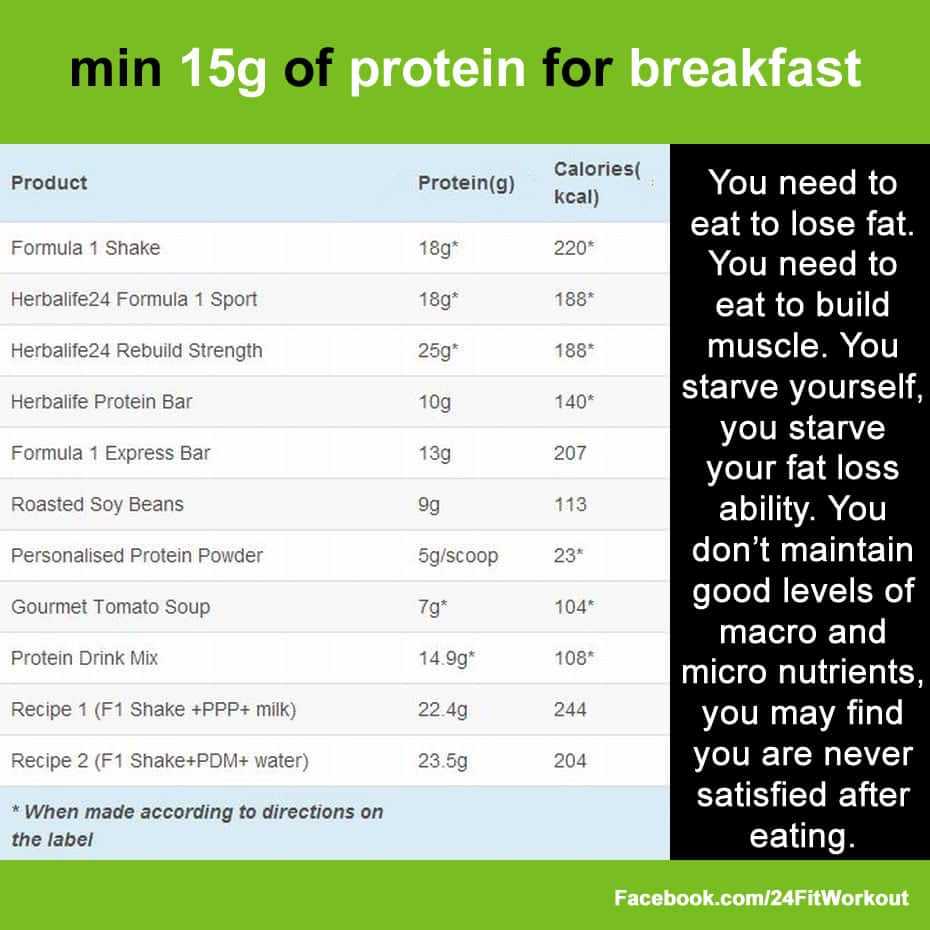Do You Know How Much Protein You Should Be Eating?
If you’re Level 10 goal includes trying to lose weight, the good news is that muscle burns more calories than fat, so maintaining muscle can be a big help in reaching your goal. To do this you need to combine regular exercise including strength training with balanced nutrition including adequate amounts of high quality protein. This post also covers why working out, without the right nutrition can be counterproductive.
Do you know how much protein you should be eating?
The amount of protein you need to eat every day depends on a lot of factors like how much you weigh, and how much muscle you have – not just whether you’re male or female.
Does a ‘one size fits all’ for protein make sense? Calorie needs differ from person to person, so why not protein? After all, people come in all different sizes, and their body composition is highly variable – it stands to reason that protein needs could vary a lot, too. It doesn’t seem right that a 220lb (100kg) guy who works construction and is into working out would have the same protein needs as a 150lb (68kg), male bank teller who sits most of the day and spends his evenings on the couch.
How much protein is right for you?
Since protein is so important in maintaining your lean body mass (basically, everything in your body that isn’t fat), the suggested amount of protein you should eat every day depends, in part, on how much lean mass you have. Ideally, you’d get a body composition measurement done which would tell you how much lean body mass you have. Contact us to find out how much lean muscle you have,
When is the best time to eat protein?
A common mistake is to consume the majority of protein intake at one meal often in the evening. Protein should be included at all mealtimes for maximum muscle health. and particularly after resistance and strength training because this is when the body is most receptive to using protein to build muscle.
According to research: from a team of scientists led by muscle metabolism expert Doug Paddon-Jones of the University of Texas Medical Branch at Galveston. This research shows that the typical cereal or carbohydrate-dominated breakfast, a sandwich or salad at lunch and overly large serving of meat/protein for dinner may not provide the best metabolic environment to promote healthy aging and maintenance of muscle size and strength.
Amount of protein in typical foods?
Here are some examples
Example: Chicken Breast 3oz (85g), cooked weight 25g
Lean Red Meat 3oz (85g), cooked weight 25g
Ocean-Caught Fish 4oz (100g), cooked weight 25-30g
Yogurt, Greek Style, nonfat 4oz (100g) 10g
Why working out, without the right nutrition can be counterproductive?
You workout 5-6 days a week, and despite your herculean workout regime and monastic eating habits, you can’t seem to lose a pound. In fact, your body fat percentage is inexplicably increasing. Your toned arms seem softer and your jeans feel just a bit snugger than they did last month.
Our body needs energy for strength training, cardio, walking, sleeping, digestion, etc. This energy comes from food. The calories in food are fuel for your body. If you don’t supply the right fuel including protein then you will suffer from the following:
– Strength Loss. Your body doesn’t receive the energy it needs for the physical activities you do. You’ll feel tired and weak at the gym.
– Fat Gains. Fat is emergency storage for your body. Your body burns muscle for energy first when you don’t eat. You’ll become skinny but fat.
– Muscle Loss. The weight loss is muscle loss. Muscle loss equals fat gains as muscle burns more calories than fat.
What are the best sources of protein?
Protein is found a wide variety of foods including dairy products, eggs, meat, fish, pulses and nuts. Some of these protein rich foods contain all the essential amino acids are considered high quality protein, while other sources can be lacking in some of these essential amino acids.
Source of high-quality protein include dairy products, eggs, meat, fish and soy protein isolate. Eating a wide variety of protein-rich containing foods helps to ensure we get all the amino acids we need.
Healthy meal replacements such as Formula 1 and post workout shake such as Rebuild Strength contain high quality protein. Easy and convenient, these are particularly useful before or after training and time is tight and when you do not have time to prepare and eat a meal. Shakes typically contain between 18-25g of protein.
Post Workout
A Herbalife shake after training accelerates lean muscle growth, which in turn revs your metabolism and burns more fat, and speeds up recovery. Eating soon after your workout also can prevent you from feeling deeply ravenous and overeating later on. If you don’t get enough protein, your muscles aren’t able to repair themselves after a workout. In such a case, strenuous exercise can actually be counterproductive—you aren’t able to rebuild what you tear down, and you actually become less able to burn calories.
Wellness Coaching
Contact us for a personalised protein prescription based on how much lean muscle mass you have. And for details of your resting and active metabolic rates which impact how many calories you should take. To lose weight you need to create a deficit in calories from your active metabolic rates BUT WITHOUT LOSING LEAN MUSCLE; otherwise you will be in worse situation than when you started!
Additional Information:

